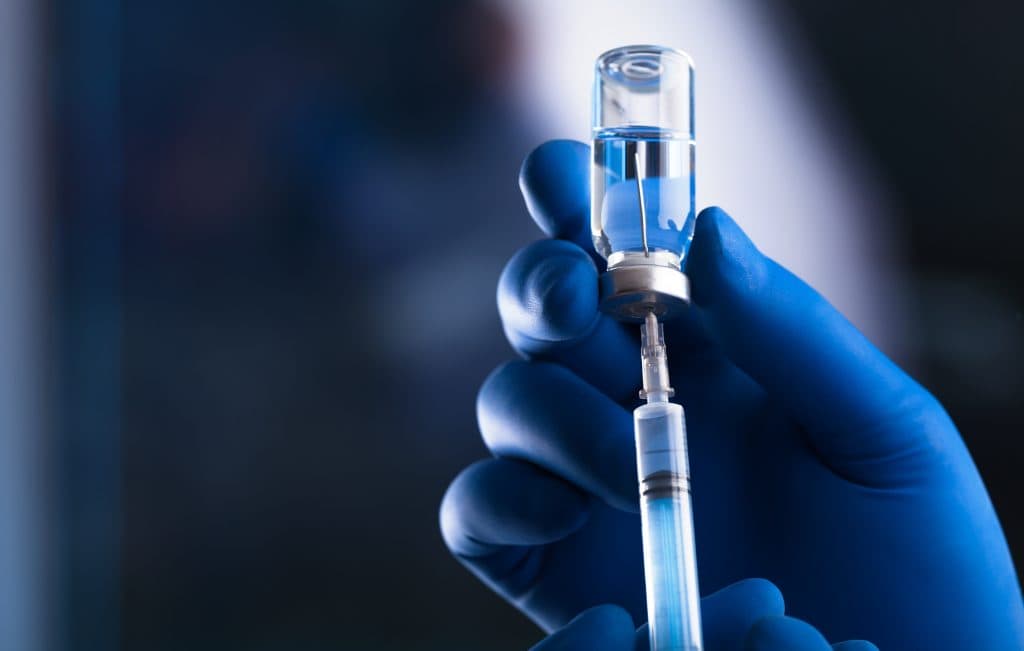
Researchers have uncovered the molecular mechanism behind why heart attacks can vary in severity depending on the time of day, potentially paving the way for innovative treatments that align with the natural circadian rhythm.
Previous research has shown that the severity of heart damage after an acute myocardial infarction, or heart attack, varies depending on the time of day, with morning attacks resulting in more significant damage and worse outcomes.
However, the reasons behind these variations have remained unclear.
Holger Eltzschig, MD, PhD is senior author, and chair and professor of the Department of Anesthesiology, Critical Care and Pain Medicine at McGovern Medical School at UTHealth Houston.
The researcher said: “If you have a heart attack in the morning, you are more likely to have fatal arrhythmias, heart failure, and you’re more likely to die from it.
“The question we asked is ‘Why?’”
Researchers identified an interaction between two proteins, BMAL1 and HIF2A, as the key factor underlying time-of-day differences in the severity of heart injury following a heart attack.
BMAL1 is a core circadian rhythm protein, responsible for regulating biological processes like sleep-wake cycles, metabolism, and hormone release.
HIF2A helps the body adapt to hypoxia — low oxygen levels — by stimulating red blood cell production, promoting the growth of new blood vessels, and enhancing cell survival under low-oxygen conditions.
Heart attacks occur when blood flow to the heart is blocked and the muscle begins to die from lack of oxygen.
Researchers discovered this interaction between BMAL1 and HIF2A regulated how heart cells in mice responded to low oxygen levels after a heart attack, modulating the heart’s response to injury.
In the preclinical study, researchers found that heart attacks that occurred around 3 a.m. resulted in greater damage to the heart, including larger infarct size and increased risk of heart failure.
Heart attacks that occurred at 3 p.m. were less severe, and the heart was better able to adapt to low oxygen levels and promote efficient healing.
The research also revealed that the proteins BMAL1 and HIF2A target a specific gene, amphiregulin (AREG), which plays a vital role in regulating the extent of heart damage throughout the day.
By targeting the BMAL1 and HIF2A-AREG pathway with drugs, researchers found they could provide significant protection to the heart, especially when treatments were timed to align with the body’s circadian phase.
According to Eltzschig, future clinical trials must evaluate whether aligning treatments with the body’s internal clock can enhance patient outcomes.
Eltzschig said: “This discovery opens up new avenues for treating heart attacks by considering the timing of drug administration.
“Our findings highlight the potential to use targeted drugs toward those proteins to reduce the severity of heart attacks when administered at specific times.
“Similarly, patients undergoing cardiac surgery may benefit from such drugs, like the hypoxia-inducible factor activator vadadustat, when given before their operation.”






